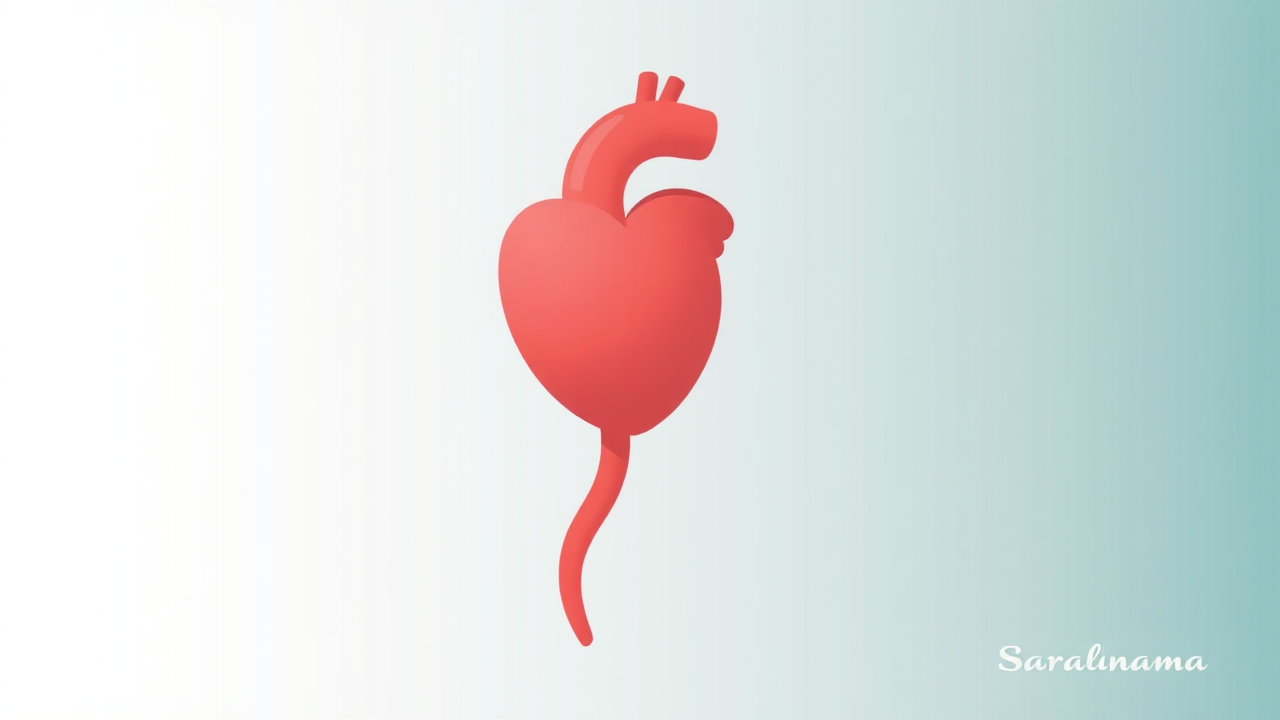Gut health plays a significant role beyond digestion and can directly influence heart function. Dr Alok Chopra, a cardiologist and functional medicine expert, recently shared insights on this connection through social media. The gut is home to trillions of bacteria known as the gut microbiome, which help regulate digestion, immunity, and inflammation. A balanced gut produces beneficial compounds that protect blood vessels and reduce harmful cholesterol. Conversely, an unhealthy gut can release toxins into the bloodstream, increasing inflammation and raising the risk of heart disease. Simple daily habits can improve gut health and support cardiovascular wellness. These include eating slowly, avoiding carbonated drinks, controlling portion sizes, limiting gas-producing foods, staying hydrated, and taking short walks after meals. Alongside these practices, a fibre-rich diet, adequate sleep, stress management, and regular physical activity contribute to maintaining both gut and heart health over time.

Simple Daily Practices to Improve Gut and Heart Health
Dr Raj Kumar, senior consultant in Non-invasive Cardiology at PSRI Hospital, explains how these everyday habits work. Chewing slowly helps break down food better, making digestion easier and reducing bloating. Avoiding carbonated drinks prevents excess gas buildup in the stomach. Controlling portion sizes reduces strain on the digestive system and helps maintain a healthy weight, which directly benefits the heart. Staying hydrated supports smooth digestion and prevents constipation. Taking a short walk after meals improves blood circulation and helps the stomach empty more efficiently. People often notice benefits like less bloating, better digestion, and improved energy levels within a few weeks of making these changes. A diet rich in fibre, probiotic foods, adequate sleep, and stress management further support both gut and heart health.
Source: Link
